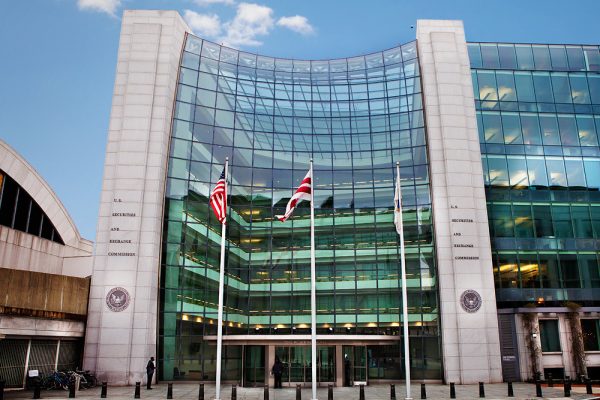Letter to the Regulators: AFREF Comments to Department of Treasury Regarding Request for Information on AI in Financial Services
AFREF submitted a comment regarding a request for information on uses, opportunities, and risks of artificial intelligence in the financial services sector. The comment notes that while artificial intelligence (AI), including machine learning and generative models, could potentially transform the financial services industry, insufficiently robust AI regulatory oversight and supervision can harm consumers by amplifying discriminatory patterns in credit markets, increasing consumer costs, and creating barriers to accessible credit. To address these harms, federal regulators should pursue a rights-based and not solely a risk-based approach.










